Combination of polystyrene with additives for improved mechanical, thermal, and chemical properties.
High strength, thermal and chemical stability, low density, easy formability.
Used in packaging, household appliances, automotive, electronics, and injection-molded parts.
Low production cost, transparency, easy moldability, improved toughness.
UV sensitivity, limited thermal stability, need for specific additives to enhance properties.
Polystyrene compound with additives is a cost-effective, high-performance option in various industries.
Polystyrene Compound – Comprehensive Scientific Description
Polystyrene Compound (PS Compound) is a polymer-based combination composed of polystyrene as the base material and various additives such as reinforcing agents, antioxidants, pigments, and other modifiers. These compounds are mainly designed to improve the initial properties of polystyrene, including mechanical, thermal, chemical, and processability characteristics. Polystyrene is widely used in various industries, especially for producing consumer goods, industrial parts, and packaging. Polystyrene compound, by incorporating specific modifications, provides more desirable properties for end users.
Features:
-
Strength and Hardness: Polystyrene naturally has high hardness, but the addition of reinforcing agents can improve its strength and elasticity.
-
Thermal Stability: Polystyrene generally has low thermal stability, but by adding thermal stabilizers, its thermal stability can be enhanced.
-
Chemical Resistance: Polystyrene has reasonable resistance to chemicals, but it is sensitive to some solvents. This property can be improved by using additives.
-
Low Ash Content: Polystyrene naturally tends to leave minimal ash upon heating, which improves its formability and production process.
-
Low Density: Polystyrene has relatively low density, making it suitable for applications requiring lightweight materials.
Applications:
-
Packaging Industry: Polystyrene compound is used in the production of food and non-food packaging, disposable trays, boxes, and plastic containers. These materials are an ideal choice for this industry due to their low cost and good moldability.
-
Household Appliances Industry: Used in the production of plastic household appliances such as television housings, kitchen equipment, and various plastic parts.
-
Automotive Industry: In interior parts of vehicles such as dashboards, panels, and decorative equipment.
-
Electronics Industry: For producing plastic parts in electronic devices and electrical equipment.
-
Injection-Molded Parts Production: Especially in injection molding for producing small, precise parts.
Advantages:
-
Low Production Cost: Polystyrene, as an economical and low-cost polymer, is one of the cheap options for manufacturing various products.
-
Ease of Forming: Polystyrene has properties that make it easy to shape in various processes such as injection molding, extrusion, and thermoforming.
-
Transparency: One of the features of polystyrene is its high transparency, which can be useful in some applications such as food packaging or transparent containers.
-
Improved Toughness: Additives can improve the toughness of polystyrene, which helps to increase impact and fracture resistance.
-
Electrical Insulation Property: Polystyrene is known as a good electrical insulator and is used in the manufacture of electronic and household appliance parts.
Important Notes:
-
Thermal Stability: Polystyrene can deform and lose its quality at high temperatures. Therefore, for use in warm environments, it may be necessary to add thermal stabilizing additives.
-
UV Sensitivity: Polystyrene is naturally sensitive to ultraviolet radiation and may lose its color or deform. To address this problem, additives such as UV stabilizers are added to polystyrene.
-
Compatibility with Other Materials: Polystyrene can be mixed with other polymers such as polyethylene or polypropylene, which can create more desirable performance characteristics.
-
Environmental Risks: Polystyrene has issues in environmental conditions such as being non-biodegradable, so for specific applications, attention must be paid to waste management.
-
Resistance to Fracture: One of the problems with ordinary polystyrene is its brittleness, so to improve impact properties, reinforced polystyrene compounds can be used.
Polystyrene compound, by combining the base polystyrene with various additives, is a material with improved properties such as mechanical strength, thermal resistance, and UV stability. It has many applications in packaging, automotive, household appliances, and electronics industries. Due to its low cost, excellent moldability, and features such as transparency and electrical insulation, this material is an ideal choice for many applications.


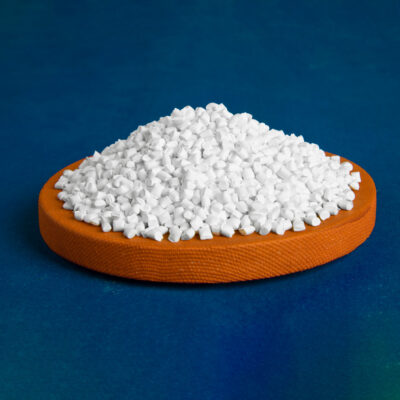
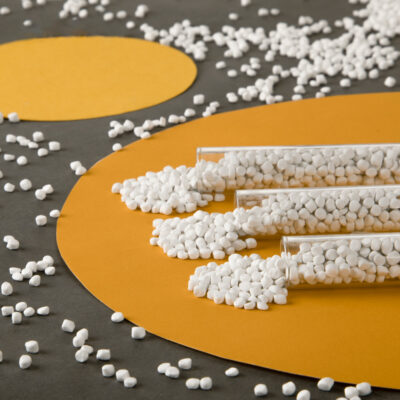
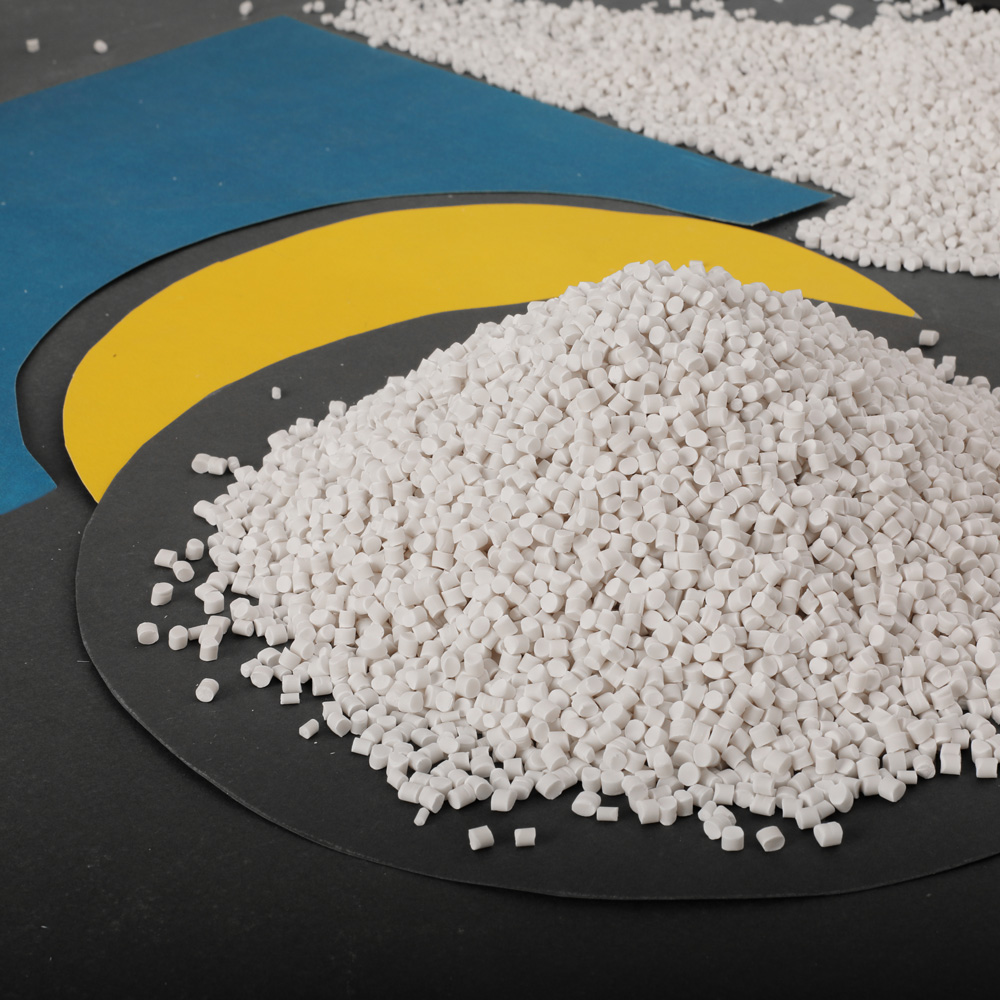
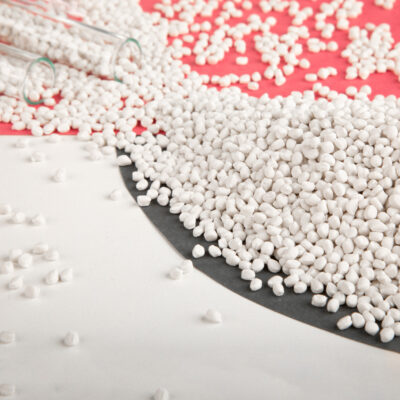
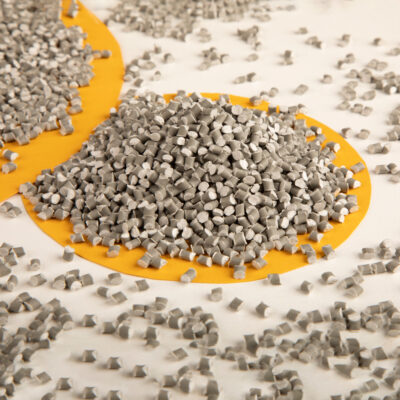
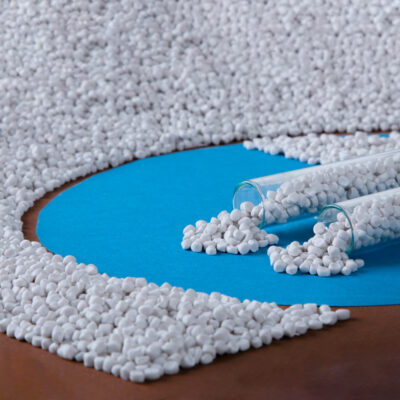
Reviews
There are no reviews yet.